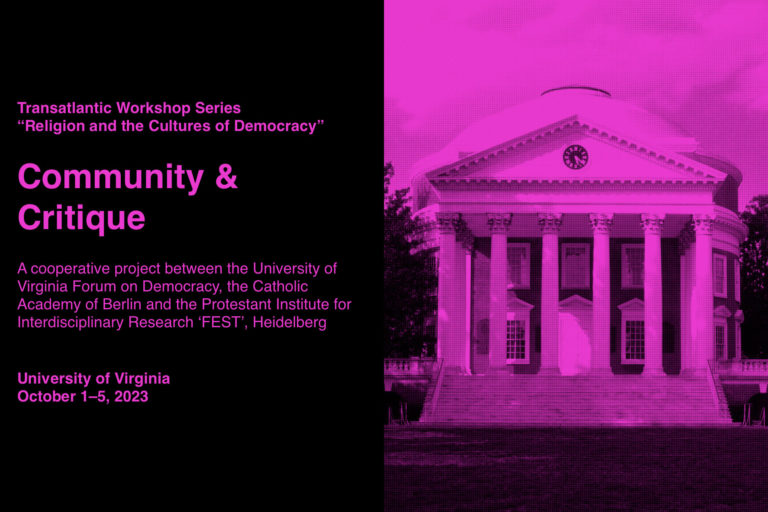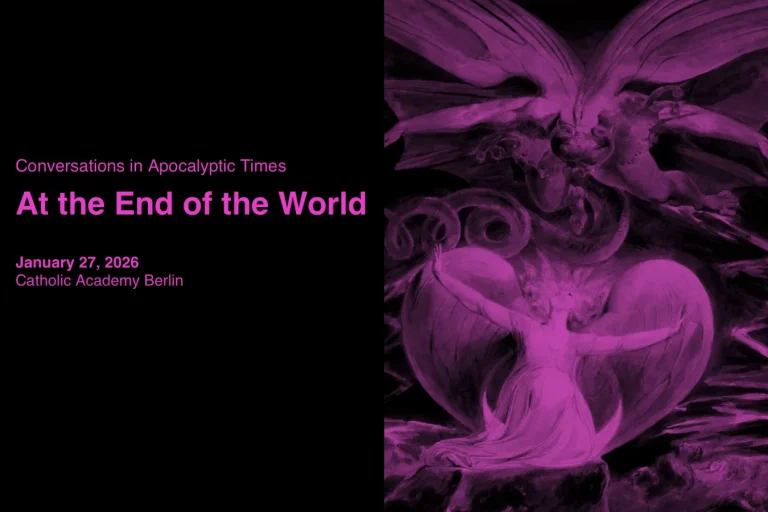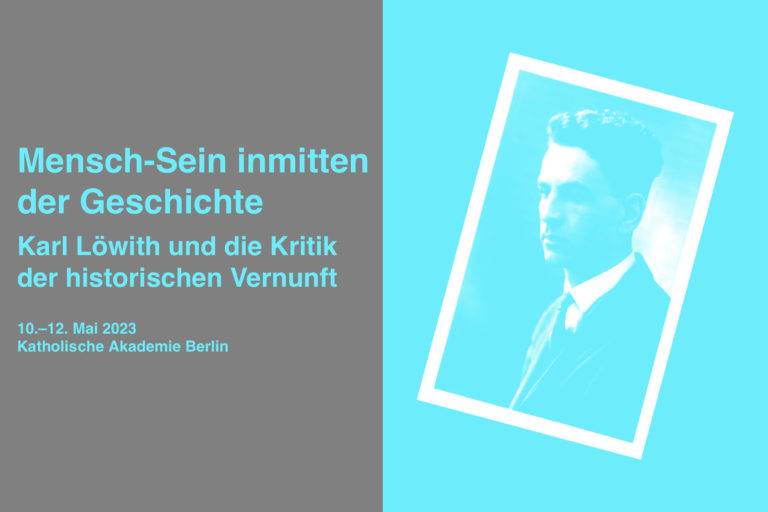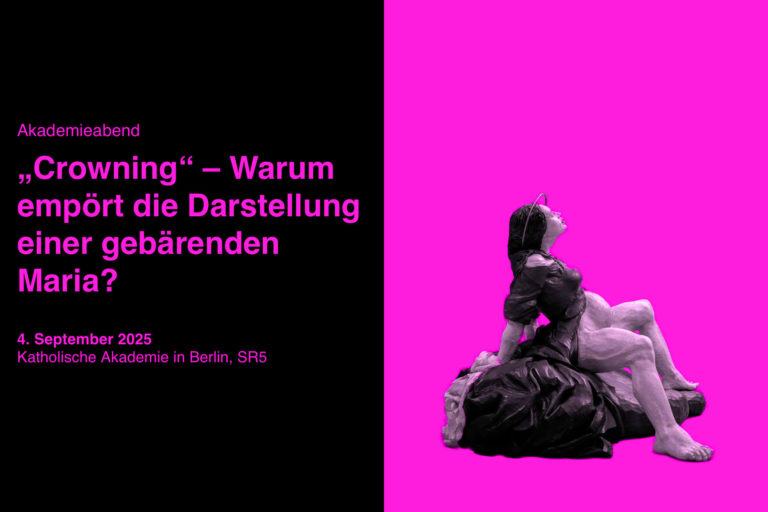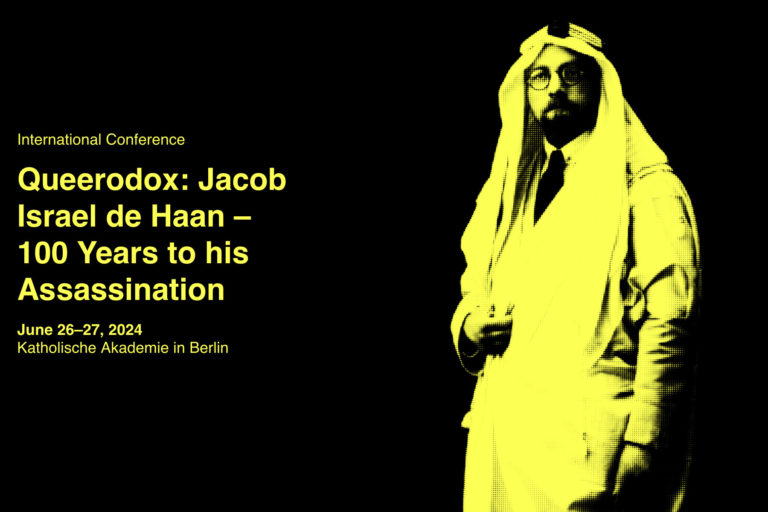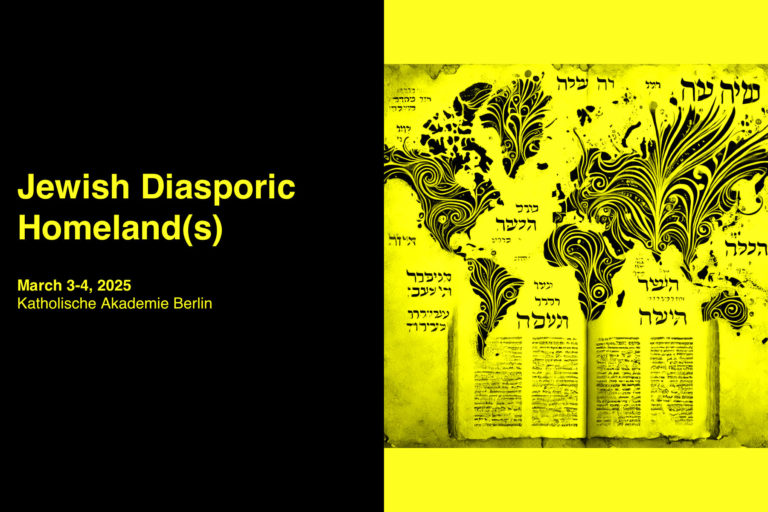Öffentliches Podiumsgespräch
Anti-Anti-Semitism and Postcolonialism
October 13, 2022
Katholische Akademie Berlin
Anti-Anti-Semitism and Postcolonialism
Contemporary debates feature a growing tension between the theoretical and political struggle against anti-Semitism, on the one hand, and the theoretical and political discourse of postcolonialism.
This tension may seem paradoxical, insofar as both discourses – the postcolonial and the anti-anti-Semitic – at least nominally feature resistance to historical forms of deep-seated discrimination and structural or even civilizational oppression by European hegemonic and imperial powers against weak minorities, often with theological and racist underpinnings, which has manifested in genocidal politics.
Yet, instead of generating solidarity, these two discourses are currently often situated almost as diametrical opposition: postcolonialism is posited as a central target of contemporary critique of anti-Semitism; anti-anti-Semitism is posited as a sign of the hegemony contested by postcolonial critique.
This panel seeks to explore, flesh out and reflect on this complex constellation of rivalry, polemics and even antagonism, which epitomizes deep struggles and tensions within contemporary culture, theory and politics.
Among the questions to be discussed is the present discursive status of the notion, definition and historiography of anti-Semitism; the interface between anti-anti-Semitism and other contemporary discourses that concern similar sets of themes and problems, such as antiracism, Black Lives Matter movement, struggle against Islamophobia, feminism and postcolonialism, as well as the critique of Orientalism; the roles of the State of Israel in these constellations, and different “diasporic” positions: in Germany, France, the US; questions concerning the status of Jewish identity, culture and knowledge, modern and traditional, especially rabbinic intellectual tradition: the meaning of its assertion in the context of the tension between anti-anti-Semitism and postcolonialism, whether the difference between Western and rabbinic traditions can be shown in different approaches to identity and antagonism, also different strategies of dealing with modern anti-Semitism itself.
Participants
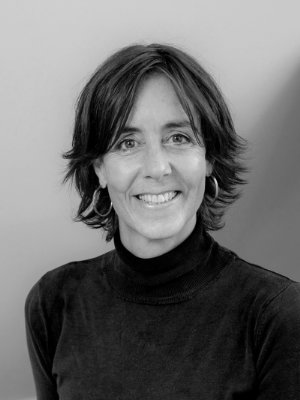
Schirin Amir-Moazami is Professor of Islam in Europe at the Institute of Islamic studies at Freie Universität Berlin. She studied Political Sciences and Sociology in Frankfurt/Main, Berlin, Aix-Marseille and Paris. She holds a PhD from the European University Institute in Florence, Department of Social and Political Sciences.
Schirin Amir-Moazami published widely on topics related to Muslims in Europe, especially Germany and France, with a focus on political secularism, the politics of knowledge production, body politics and governmentality. She is the editor of the volume “Der inspizierte Muslim. Zur Politisierung der Islamforschung in Europa” with transcript and the author of the monograph: „Interrogating Muslims. The Liberal-Secular Matrix of Integration” that will be published with Bloomsbury Press in spring 2022
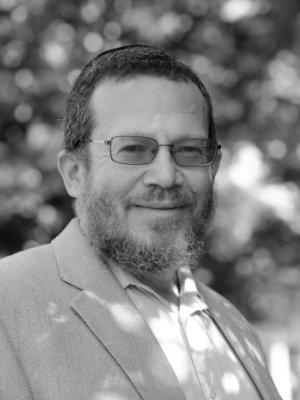
Jonathan Boyarin is the Diann G. and Thomas A. Mann Professor of Modern Jewish Studies at Cornell University, where he has taught since 2013. He previously held positions at the University of North Carolina and the University of Kansas.
Jonathan’s research and writing centers on Jewish communities and on the dynamics of Jewish culture, memory and identity. He has investigated these fields in a range of ethnographic projects set in Paris, Jerusalem, and the Lower East Side of New York City. He has extended these interests into comparative work on diaspora, the politics of time and space, and the ethnography of reading. He is also a Yiddish translator.
One of his most enduring and rewarding engagements has been with the enduring importance of text in Jewish life—from the foundational scriptures, to the almost 2,000-year long tradition of rabbinic debate and commentary centered on the monumental Babylonian Talmud, to the remarkably central role of Jews in modern and postmodern Euro-American literature and criticism. The way Jewishness is shaped by text is fertile ground for blurring the lines between anthropology, history and literary cultural studies, and assures a field that is vastly richer than one scholarly career can encompass.
Jonathan has written, translated and co-edited a number of books, beginning with From a Ruined Garden: The Memorial Books of Polish Jewry, in 1983. He lived on the Lower East Side from 1978-2020. His participation in the Jewish community there led to two books: first, Mornings at the Stanton Street Shul (2011) and most recently, Yeshiva Days: Learning on the Lower East Side (Princeton University Press, 2020).
Program NOT VISIBLE !!!
December 6 – Friday
| At the Katholische Akademie Berlin: | |
|---|---|
| 09:30 | Greetings, Opening Remarks |
| 10:00-11:00 | Salman Sayyid (University of Leeds): Dreams of Diasporas and Nations Respondent: Sami Khatib (Leuphana University Lüneburg) |
| 11:00-11:30 | Coffee Break |
| 11:30-13:00 | Hannah Tzuberi (Freie Universität Berlin): When Everything is Diaspora, Nothing is Diaspora Veronika Zablotsky (Justus-Liebig-Universität Giessen): Armenian Diaspora Studies: A Postcolonial Cartography |
| 13:00-14:30 | Lunch |
| 14:30-16:00 | Almut Bruckstein (House of Taswir Berlin): “The Talmudic Way of Thinking cannot have all of a sudden vanished from us”: How to Build a House from Nothing Wendy Shaw: Making Home: The Decolonial Liberation of Ghurba Respondent: Liliana Feuerstein (Humboldt University Berlin) |
| 16:00-16:30 | Coffee Break |
| 16:30-17:30 | Brandon Woolf (NYU): T.MUDD. A performance-lecture on messianic themes |



